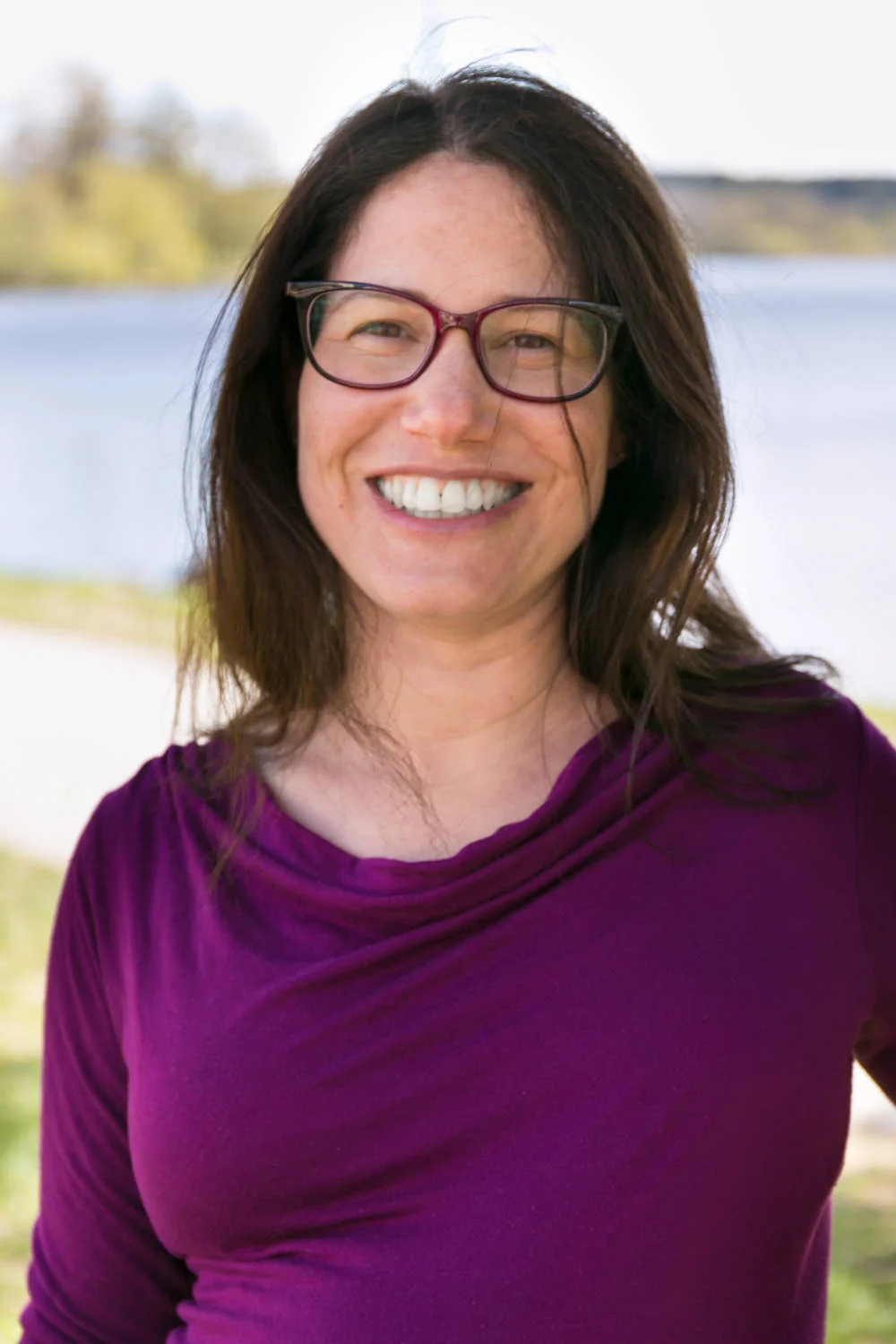Research shows that there are no disadvantages of being bilingual. Unfortunately, not everybody you encounter on your journey will be informed about this.
Even though statistically there are more bilingual people around the world than monolinguals, you will hear or maybe have heard many myths from people around you.
I am sharing 8 common myths that are often presented as facts or common knowledge. It is important for you to know a bit of a background to it so that you don’t start questioning yourself.
- 1. Children are like language sponges
- 2. Being bilingual makes you smarter
- 3. The earlier you start bilingualism/learning a new language the better
- 4. The more languages the better
- 5. A bilingual is equally good at both/all their languages
- 6. Bilingualism causes late talking
- 7. Children mixing languages is a problem
- 8. Children can’t lose their mother tongue/home language
- Further reading
1. Children are like language sponges
This is a myth that assumes that babies and children learn languages with ease. In reality language learning is a long and complicated process for everybody regardless of their age. Young children learn in a different way than adults in a language class. But this is still hard work.
Children, like adults, all have different language journeys. They experience different challenges and successes. Learning a new language is an exciting endeavor. It takes time, effort, motivation, and the right circumstances no matter how old you are.
2. Being bilingual makes you smarter
Being smart is a very vague statement. Just because you are bilingual you will not necessarily be good at math for instance. Although it is a fact that bilingualism affects the brain, research has not yet reached consensus on how exactly.
It is believed that the answers might not come from cognitive science but rather from neuroscience. Bilingualism, however, is proven to have other benefits like creativity, linguistic benefits and hand having a bigger working memory capacity.
3. The earlier you start bilingualism/learning a new language the better
This is a rather persistent myth, but it is still a myth. As said earlier, learning a language takes time, effort and motivation regardless of the age of the learner. Babies and young children seem to be learning languages quicker, but they learn languages under different circumstances than older children and adults.
Babies are given an enormous amount of input and the expectations are much lower towards them. Teenagers and adults use all their existing knowledge and learning strategies when learning a new language and in fact are able to do it much quicker than babies do. For example, a grown-up by the end of their very first language class will be able to say a few sentences in a new language.
As a comparison, babies say their first words around the age of one. The biggest difference is that older children and adults are expected to be able to produce more language in a very short amount of time. The only part of the myth that is somewhat backed up by science is related to accent. There is evidence that accent is affected by the age of the learner.
4. The more languages the better
This statement refers to the belief that the more languages a child is exposed to early on the greater chance that they will be fluent in these languages. In reality, the more languages are being used, the less language input the child gets from each of them.
Of course, some parents don’t have a choice but to expose children to many languages at once due to the circumstances. If there is an option, it is advised to focus on having at least one language that the child developed to be on par with their peers rather than having many parallel languages below age-level. This is mostly important by the time school starts.
5. A bilingual is equally good at both/all their languages
Bilinguals usually learn and use their languages for different purposes or different settings (e.g. at school and at home) so their languages develop differently. It is important to remember that bilinguals cannot (and shouldn't) be compared to their monolingual peers or relatives.
Keep in mind that they are working with two languages simultaneously and it will make their language development different (neither worse, nor better) from their monolingual peers.
6. Bilingualism causes late talking
Being bilingual on its own does not cause speech delay.
Bilinguals can be late talkers, but it has nothing to do with the fact that they speak more than one language. The confusion usually stems from how the children’s vocabulary is measured.
Normally, vocabulary tests happen in one of the child’s languages. Bilinguals in their first years tend to have different sets of vocabulary in their languages. Measuring it in only one language will not give an adequate picture of their whole vocabulary range.
7. Children mixing languages is a problem
Children mix their languages naturally.
It is also called code-switching, which happens naturally and usually for practical reasons. For example children can recall a certain word in the other language quicker. Sometimes this happens because they relate to a word or concept more in one of the languages.
Although mixing languages is perceived as a mistake, it is usually a sign of creative language use. If this code switching starts to hinder communication, it might be a sign that the child needs more input in the given language.
8. Children can’t lose their mother tongue/home language
Unfortunately, they can and they do lose their home language.
If international parents were aware of this they would pay more attention to family language planning.
Mother tongue loss can happen at different levels, some become passive bilinguals (they understand the language, but can’t or won’t speak it), some have difficulty understanding it and some lose it completely.
The biggest support you can give your child in preserving their mother tongue is through literacy. The better they are at reading and writing in their home language, the greater the chance they will use it in their adulthood.
Further reading
If you are interested and want to learn more about this topic I highly recommend the following excellent book:
- Eowyn Crisfield. Bilingual Families : A Practical Language Planning Guide. UK: Bristol, Multilingual Matters, 2021.
Do you need additional support?
Do you have a specific question or problem that you would like to discuss?
Take a look at my services and contact me so that I can see how I can help.

Bio
Vera Angyal is an ICF ACC coach. She has over 20 years of experience as an international educator and has been teaching in Sweden since 2016.
She holds a Master’s degree in English Literature and Linguistics, a Bachelor’s degree in Teaching English as a Foreign Language, and she is a certified Solution-focused BRIEF coach. She speaks four languages and has worked with dozens of international families over her career.
Her interest is in applying a solution-focused mindset to improve communication and collaboration in schools for educators. She also works with teenagers and adult professionals to support their academic goal-setting and career choices.
Due to her vast experience in international education, she is also keen on language learning and multilingualism. Read more about her here.
